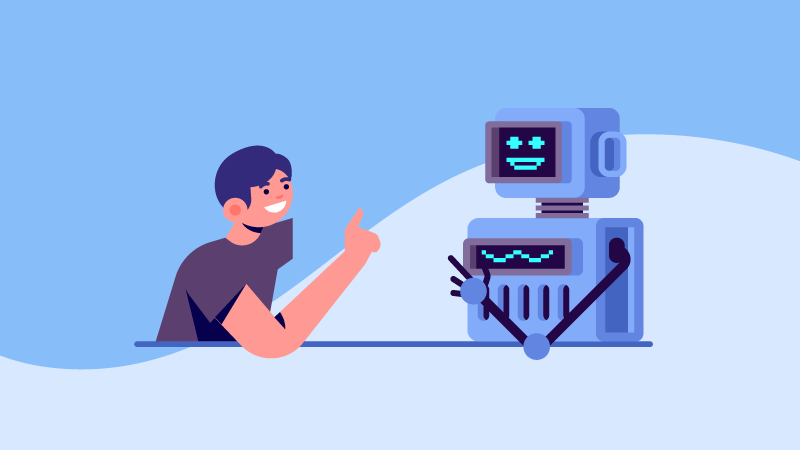Any type of translation is surely one of the most essential tools that are used by businesses and professionals for proper communication, and with globalization and the internet becoming a new normal, the rise of translation services is no surprise to the modern world. We are living in an era where the importance of a certified translator has increased by many folds but at the same time, technological evolution has transformed the translation industry as well.
Gone are those days when translation and technology were two odd topics as in the modern era, technological solutions are being incorporated by companies using a certified translator without any second thought. Even companies providing legal translation services are using a mix of both certified translators and machines.
But even in the future, machines taking over the human in terms of translation providers is something we can only dream of, and here are some reasons to support this statement.
Machines can never understand the culture
The translation is not only about converting every word of the document from the base language to the target language. If you look at the different cultures of the world, you will come to know that each culture has its own lexical item and all these lexical items are specific to the particular culture. It doesn’t matter how advanced and powerful the machines become, they will never be able to understand slangs, names, and idioms used in the culture and this is where a certified translator will play a crucial role.
A certified translator will have complete knowledge about not only the language of a particular area but also about the culture of that area, and that’s why the certified translator will use his expertise to make the document fit according to the audience.
Localizing machines is not possible
Evolution is not only limited to technology and our thought process but it is applicable to the different types of languages used around the world as well. New words and phrases are added regularly to different types of languages and machines will never be able to match the pace with this linguistic evolution.
In order to make the machine match its pace with this evolution, it will need to be programmed regularly and this will make it difficult for companies providing translation services to use the same version of the machine even for a couple of months. But this becoming a reality is as unlikely as the world getting under the blanket of a single language.
Machines can never replace tone and style
Each and every piece of content has a particular type of tone and style and it becomes crucial for the certified translator to make sure that he maintains the tone and style of writing while translating the content. But you should know that it doesn’t matter how well you program a machine for translating documents, it will never be able to identify the tone and style and consider it while translating the content. This is another reason why machines will never be able to replace humans.
Can’t translate every type of document
A good translator will use different types of approaches while translating different types of documents and this is how a translator is able to maintain the consistency of their translation service. But using the same machine for translating different types of documents can prove to be disastrous. From jargon to the flow of content, everything needs to be kept in mind while translating a piece of document and this can never be achieved by a machine, especially for legal translation services.
After going through this article, you must have understood that both machines and humans will need to coexist in the translation industry as a mix of both types of translation is the only way to offer world-class translation services.
